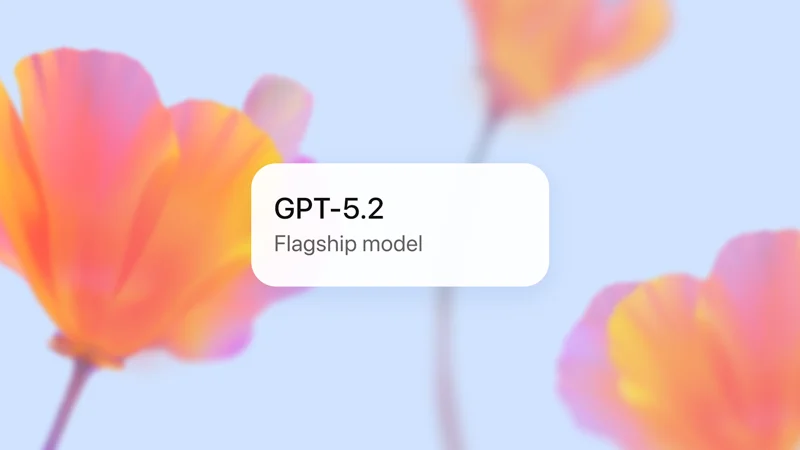Elon Musk has threatened to ban Apple devices from his companies, including Tesla, SpaceX, and xAI, due to Apple's new integration of OpenAI's ChatGPT announced at WWDC 2024. Musk's primary concern is that integrating OpenAI at the operating system level could compromise user privacy, despite assurances from Apple and OpenAI that user consent is required before any data is shared with ChatGPT.
Key Concerns
Musk's posts on X suggest a misunderstanding or skepticism about the nature of the integration:
- Apple and OpenAI stated that users must approve each request before data is sent to ChatGPT.
- Musk believes this integration allows OpenAI to access personal and private data more deeply than a standalone app would.
Apple's Integration Details
In iOS 18, Siri will be able to ask ChatGPT for help with user queries, but only after obtaining user permission. This integration allows users to interact with ChatGPT without opening the app. Documents and photos can also be shared with ChatGPT under the same conditions.
Musk's Responses
Musk prefers that OpenAI's capabilities remain within a dedicated app rather than being integrated with Siri. He expressed his concerns in several posts:
- He called the integration "bullshit" and argued that it compromises user privacy.
- He criticized Apple for not developing its own AI and for potentially mishandling user data by relying on OpenAI.
Privacy and User Control
Apple and OpenAI have emphasized that:
- User requests and information are not logged.
- Users can connect their ChatGPT accounts to access paid features, but this is optional.
- ChatGPT integration will be available on iPhone Pro 15 models and devices with M1 or newer chips.
Musk's objections seem to hinge on the belief that Apple's integration with OpenAI poses a significant privacy risk, despite assurances from both companies that user data is protected and shared only with explicit consent. The debate highlights ongoing concerns about AI integration and user privacy.












